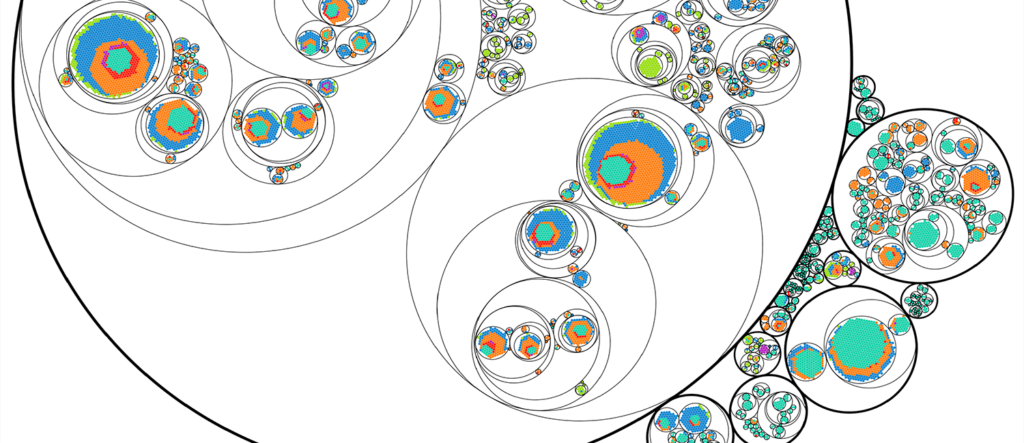Lengner Laboratory
The Lengner Laboratory is broadly interested in the mechanisms by which stem cells acquire and maintain developmental potency. We are also exploring how deregulation of these mechanisms can contribute to oncogenic transformation, tumorigenesis, and tissue regeneration in response to injury, while looking forward to learn how we might manipulate these mechanisms for application in disease modeling and regenerative medicine.
Our Research
The Lengner Laboratory is broadly interested in the mechanisms by which stem cells acquire and maintain developmental potency. We are also exploring how deregulation of these mechanisms can contribute to oncogenic transformation, tumorigenesis, and tissue regeneration in response to injury, while looking forward to learn how we might manipulate these mechanisms for application in disease modeling and regenerative medicine


Director, Lenger Laboratory
Christopher Lengner, PhD
Chair, Department of Biomedical Sciences
Harriet Ellison Woodward Professor, Department of Biomedical Sciences
Find Us
University of Pennsylvania
School of Veterinary Medicine
Office: 3800 Spruce Street
Rosenthal Building, Room 304
Philadelphia, PA 19104
Lab: 3800 Spruce Street
Old Vet, Room 390EA
Philadelphia, PA 19104

Genetic switch turns tumor suppressor into oncogene in colorectal cancer (link is external)
Researchers from the School of Veterinary Medicine have shown that an enzyme that suppresses early-stage colorectal cancer switches to become an oncogene as the cancer progresses.

Three Faculty from the University of Pennsylvania’s School of Veterinary Medicine Appointed to Endowed Professorships
Thomas D. Parsons, Christopher J. Lengner and Amy L. Johnson have been recognized for scholarly achievements.

Pinpointing how cancer cells turn aggressive (link is external)
Penn scientists have developed a new method for tracing the lineage and gene expression patterns of metastatic cancer at the single-cell level.
